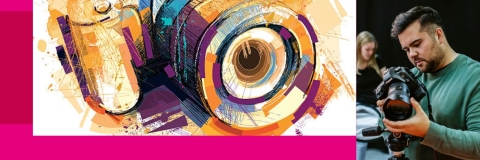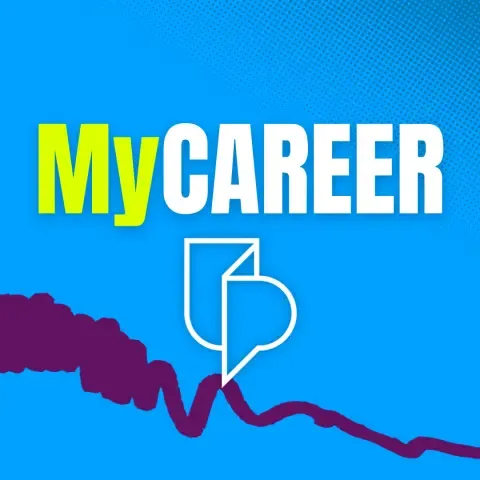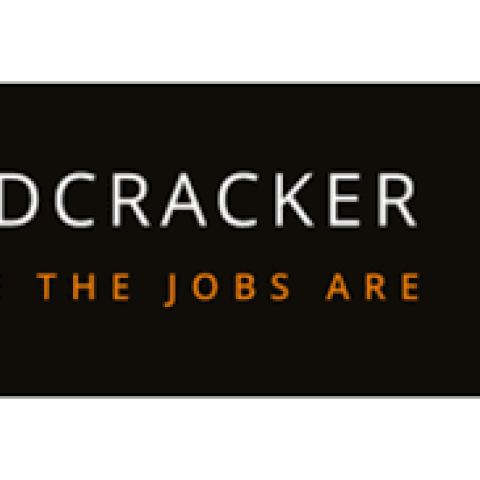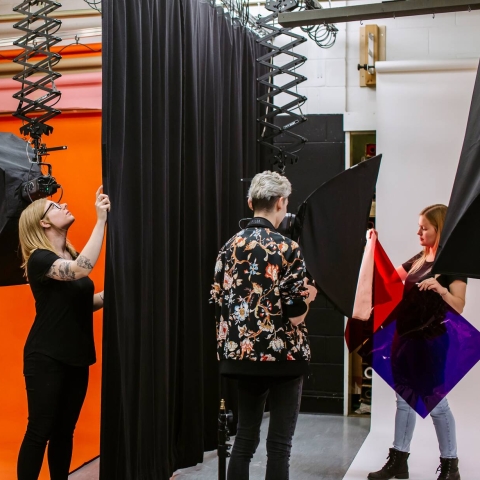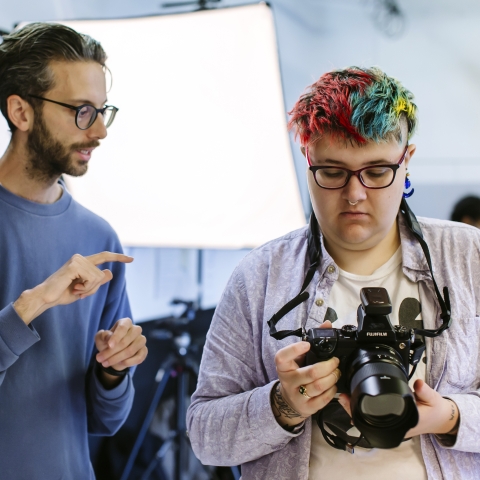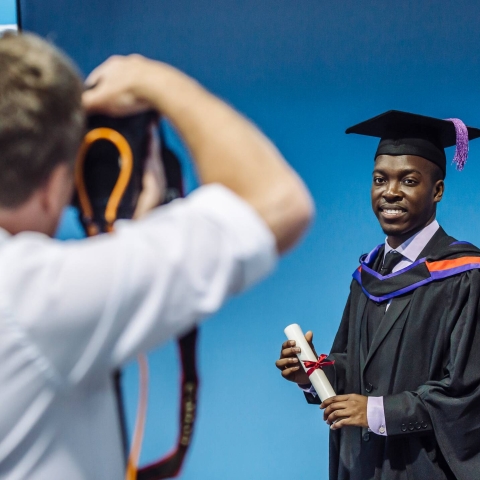
Getting relevant experience is essential. Many employers recruit through internships, placement programmes, or work experience programmes. Overall, additional experience will boost your employment prospects by helping to build a network of contacts. Most of your graduate competition will have degree-related work experience.
Types of Opportunities
Below are some examples of the different types of opportunities to gain experience while you study:
Placements will give you a long-term look at an organisation, and help you to build contacts and experience.
Placements are a great way to gain substantial experience, help you to build contacts and gain an understanding of an organisation.
To learn more about completing a placement, you can contact the Placements team in the Careers and Employability Service.
Learn more about completing a placement year
Students from the Faculty of Creative and Cultural Arts may choose to take a Self-Employed Placement. This allows you to work for yourself during your placement year and receive support from the University's Student Startup Team. You will have access to funding opportunities, networking events and workshops.
Enhance your prospects with hands-on experience through volunteering. Whether you're uncertain about your career path or aiming for professional success, volunteering offers a chance to explore diverse roles.
You can also get involved in relevant university projects through the different groups and societies via the Student Union. This is a good way of demonstrating your motivation and interest in this area of work.
Internships are usually for a fixed period and give you more hands-on experience. Many employers will treat interns in the same way as full-time employees, so when future job roles ask for 'at least one year's experience' you can include an internship in this type of experience.
Be proactive and try to gather inspiration and ideas from the world around you: join creative clusters and attend networking events. This is a great way to meet people working in the creative industries and will help you with your networking skills.
LinkedIn is a useful platform to network with sector employers.
Where to find work experience opportunities
There are plenty of ways to find work experience in accounting, finance and economics. Some key online platforms include:
Speculative applications
Speculative applications involve sending a CV and cover letter to an employer to ask if they have any vacancies, even if the company is not currently advertising for a role. They're a great way to access "hidden jobs" that go unadvertised.
Submitting a speculative application shows your interest in a specific company and your willingness to go above and beyond to develop your skills and understanding of the industry.
Enable University alerts
Turn on notifications for critical updates like closures, safety alerts, and urgent service disruptions.






